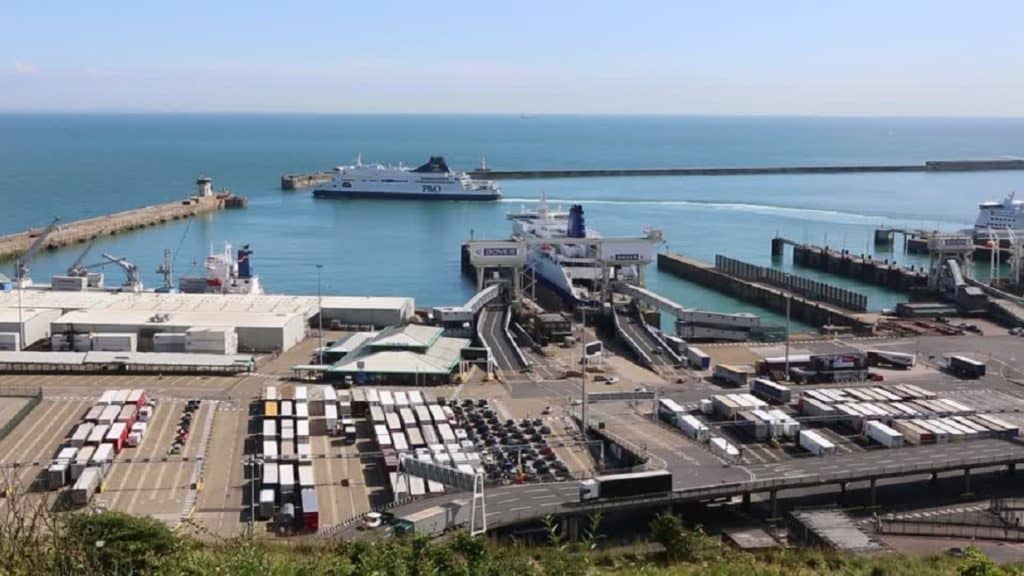By Syed Mujahid Hussain Shah
The prolonged effectiveness of the Liberal International Order (LIO) has already been the subject of serious criticism for the second half of this decade. Now, the outbreak of the deadly virus, Covid-19 triggers various legitimate concerns about the sustainability of the Liberal International Order and western liberal values.
The current liberal international order, which emerged specifically after the Second World War, can mainly be referred to its three-dimensional characteristics, in order to understand the inconsistencies of contemporary events in international politics.
First, the “political liberalism” that promotes democracy around the world and western values based on the notions of good governance, human rights and cooperation. However, it has failed in the case of Iraq, Libya, Syria and Afghanistan, but this is a different debate for a different topic.
Secondly, the “economic liberalism” which refers to globalization, free trade, open borders, multilateralism, free market and capital flow. The capitalist mode of production and the collective effort to regulate economic affairs are one of the key characteristics of the liberal international order.
Third, the theories of international relations. Liberalism versus realism. The neoliberal order which is presumably likely to be modified by some important geopolitical and economic shortcomings.
By eliminating the aforementioned euphoria of the liberal international order in the era of the Corona Virus, it becomes evident that the intersection of these three main pillars with the current situation reveals the fragility of the system.
Western model-based democracies, liberal democracies, should handle the whole crisis from natural disasters to pandemics. But probably, within a few years, liberal institutions have been shaken, slow and incompetent in many ways. The challenges posed by this system are are unprecedented.
However, significant capacities of nation states have ceased. The way they manage this crisis affects not only the national health system, but also illustrates the political system. While, on the other hand, authoritarian regimes have stood the test of time with the crisis: China, Singapore, Cuba and so on, compared to the United States, Italy and the United Kingdom. Given the reputational cost of populism, the current Covid-19 crisis amplifies the extent of distrust in liberal democracy.
Furthermore, the current economic turmoil around the world is an explicit explanation of the fall of the capitalist system. The bubble of capitalism as a sort of panacea for all the world’s misery has been eliminated, however, the remains seem to flash somewhere along the line.
Interrupted supply chains, falling oil prices, closed borders, trade deficits, food shortages and fear of the failure of large corporations have forced governments to jump in. For example, the United States, the champion of the liberal international order, has signed a “Defense Production Act” which means that the government can come to save the company if necessary and create supplies.
The blockade will cost jobs, security, displacement and uncertainty for millions of people around the world. And the current economic system does not seem to guarantee any immediate stability at its disposal.
However, in the form of stimulus packages, temporary treatment could be given to economies, which again indicates the contradictions of capitalism in a broader context. The economic crisis will give impetus to populism and the transfer of power which demonstrates its link with the political system.
So the economic divide coupled with the outbreak of the pandemic makes the liberal international order more fragile and less reliable for the good of society. As many scholars believe that the architecture of international relations could witness the transition from “hyper-globalization to de-globalization”.
Theoretically, liberalism has proven its legitimacy through the big and the subtle. Institutionalism, multilateralism and globalization arose from liberal theory which emphasizes mutual benefits through competition, cooperation and cross-border movements of goods and capital.
Although the military interventions of powerful western liberal countries in Iraq, Afghanistan and Libya, in the name of democracy, apologize to other authoritarian states for intervening and violating sovereignty.
For example, Russia’s interference in Crimea, the 2014 backlash in Ukraine, and the dispute over mainland China, confirm the central topic of realism in the international political arena that revolves around national interest, self-help and power. Convergently, the holding of events after the outbreak of the pandemic predicts the change in the geopolitical and geostrategic landscapes of international politics.
The world has come to a point after the outbreak of the Corona Virus where the order in which international politics, economic freedom, the global health system, free trade and concepts such as globalization seem to fade over time.
Furthermore, all three of these dimensions of liberalism are structurally interconnected. If one is shaken, the effects can be measured on another. For example, the economic crisis can give rise to populism and nationalism. As Stephen M Walt argues that “Pandemic will strengthen the state and strengthen nationalism”.
Therefore, there may be two possibilities in analyzing the post-covid-19 world order. First, as many thinkers believe, the discourse will be changed to regional connectivity by global interdependence. Second, the existing order would bring greater cooperation for mutual benefit premises in this era of crisis, and later.
To conclude, shadows arise on the post-covid-19 world order regarding the possibility of surviving the annihilation of political, economic and strategic spheres in international relations. One thing that can be inferred, even from empirical standards, is that it is desperately necessary to reform it, for its own good, and to avoid catastrophic aftermaths of the pandemic.
Author of the article: Syed Mujahid Hussain Shah – Mphil Political Science (Political Analyst), Islamia University of Bahawalpur, Pakistan
(The views expressed in this article belong only to the author and do not necessarily reflect the editorial policy or views of World Geostrategic Insights).







